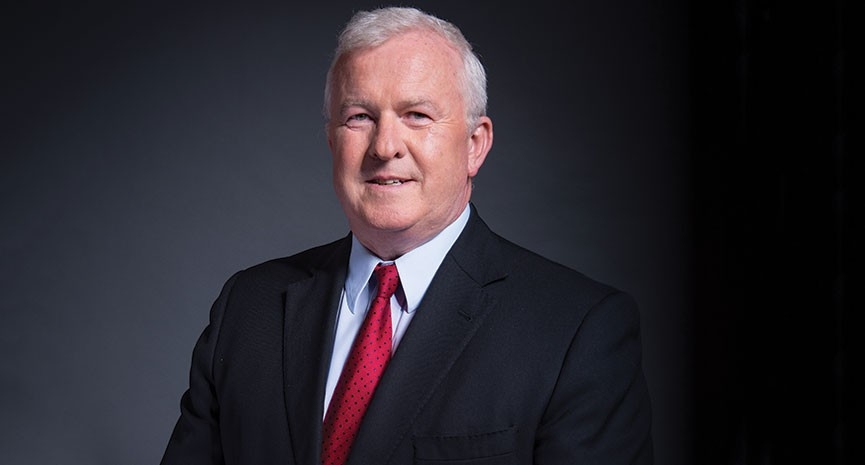Imperial Logistics joins global campaign to fight the threat of fake medicines
Imperial Logistics, supply chain giant, takes a major move to combat the threat of fake medicines by joining forces with global action campaign “Fight the Fakes”. Being an African supply chain management giant, the company is committed to address the public health threats that stem from fake medicines

May 09, 2018: Imperial Logistics, supply chain giant, takes a major move to combat the threat of fake medicines by joining forces with global action campaign “Fight the Fakes”.
Being an African supply chain management giant, the company is committed to addressing the public health threats that stem from fake medicines.
According to new data published by the World Health Organisation (WHO), one in ten medical products circulating in low and middle-income countries is either substandard or falsified. It estimates thousands of children may die unnecessarily each year from pneumonia due to substandard and falsified antibiotics.
“This powerful campaign aims to raise awareness about the dangers of fake medicines, and we are proud to join a global movement of organisations and individuals who are striving to highlight the issue of fake medicines, and fight this threat around the globe,” comments healthcare strategy executive, Dr Iain Barton.
The WHO reports showing that all disease areas are impacted by falsified medicines, with antimalarials and antibiotics being the most commonly reported.
The majority of substandard and falsified medicines (42 percent) are found in sub-Saharan Africa. They note, however, that this is just the tip of the iceberg, since, given patchy reporting, it is highly likely that these figures represent just a small proportion of the problem.
Nearly any type of pharmaceutical product can be and has been falsified: whether ‘lifestyle’ medicines, including erectile dysfunction and weight loss medicines, or lifesaving medicines, including those used to treat malaria, tuberculosis, HIV/AIDS, cancer, heart disease, diabetes and other life-threatening conditions. More than 500 fake versions of pharmaceutical products are currently circulating. Some estimates put the number of deaths by falsified medicines at hundreds of thousands per year. In addition, online sale of medicines is an increasing international threat, as there are more than 40,000 “active rogue online pharmacies” at any time.
Falsified medicines either fail to treat or poison patients, prolonging or worsening illnesses that can lead to disability or loss of life. An additional danger lies in the fact that, by passing themselves off as genuine medicines, falsified medicines undermine public trust in health systems and healthcare professionals.
“As a global campaign that unites partners active along the supply chain, and that provides accurate information on the risks of falsified medicines, Fight the Fakes supports the WHO and others by explaining how to avoid fakes, how to spot them and how to report suspicious products,” Barton expands. “The campaign gives a voice to those who have been personally impacted and shares the stories of those working to put a stop to this threat to public health. It is building a global movement of organisations and individuals who will shine light on the negative impact that fake medicines have on people around the globe and will work together to reduce the negative consequences on individuals worldwide. Fake medicines are everybody’s business, and a comprehensive strategy to combat the manufacturing and distribution of fake medicines requires active participation by all stakeholders,” he concludes.
Fight the Fakes was started in Brussels, Belgium, more than four years ago.


